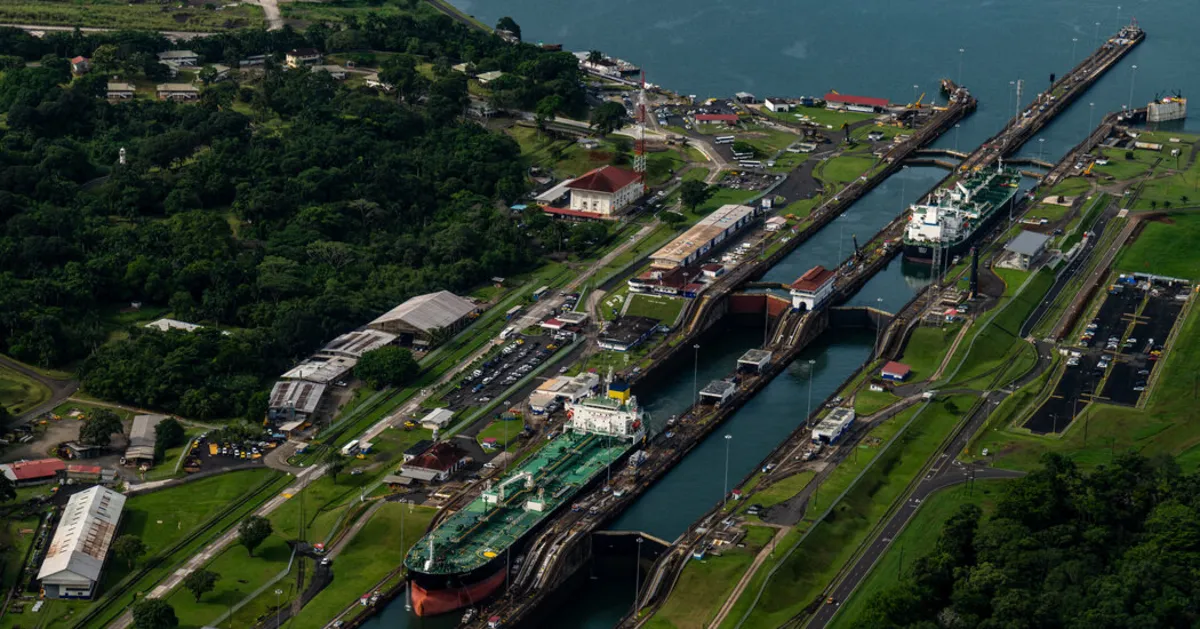
The Chinese government has issued a strong criticism of a proposed deal involving a Hong Kong conglomerate, CK Hutchison, which plans to sell its ports in Panama and other locations to an investment group led by the American asset management firm BlackRock. This deal has raised alarms in Beijing, as it threatens to diminish China's influence over crucial shipping routes in the region.
This critical stance marks a notable shift in the Chinese policy regarding Panama and global port control. The recent comments echo a time when former President Trump voiced concerns about China's growing power in the Panama Canal, remarks that were initially dismissed by Chinese officials. However, the current situation reflects a heightened awareness in Beijing of the geopolitical implications of such a transaction.
In a recent editorial, Ta Kung Pao, a Hong Kong newspaper closely aligned with the Chinese government and the Communist Party, condemned the planned sale. The paper highlighted CK Hutchison’s intention to divest its ports at both ends of the Panama Canal and over 40 other ports globally for a staggering $19 billion to BlackRock. This commentary was significant, given that Ta Kung Pao is often viewed as a voice for Beijing and has received commendation from Xi Jinping, China’s paramount leader.
The commentary further elaborated on the strategic importance of the Panama Canal, labeling it as "the core route for China’s trade with Latin America and the Caribbean." It cautioned that should the sale proceed, “the United States will definitely use it for political purposes and promote its own political agenda.” The implications of this deal could mean that Chinese shipping and trade activities in the region would be significantly influenced by U.S. interests.
With the Trump administration previously signaling intentions to impose tariffs on goods transported in Chinese-built ships arriving at American ports, the commentary underscored the necessity for China to maintain a foothold in the Panama Canal. It posited that losing control over these ports would lead to a detrimental impact on China’s trade operations and regional influence.
This unfolding situation highlights the intricate balance of power in global trade, where Chinese investments and international relations are increasingly scrutinized. As discussions continue around the potential sale, the ramifications for China’s trade strategy and its relationship with the United States will be closely monitored.